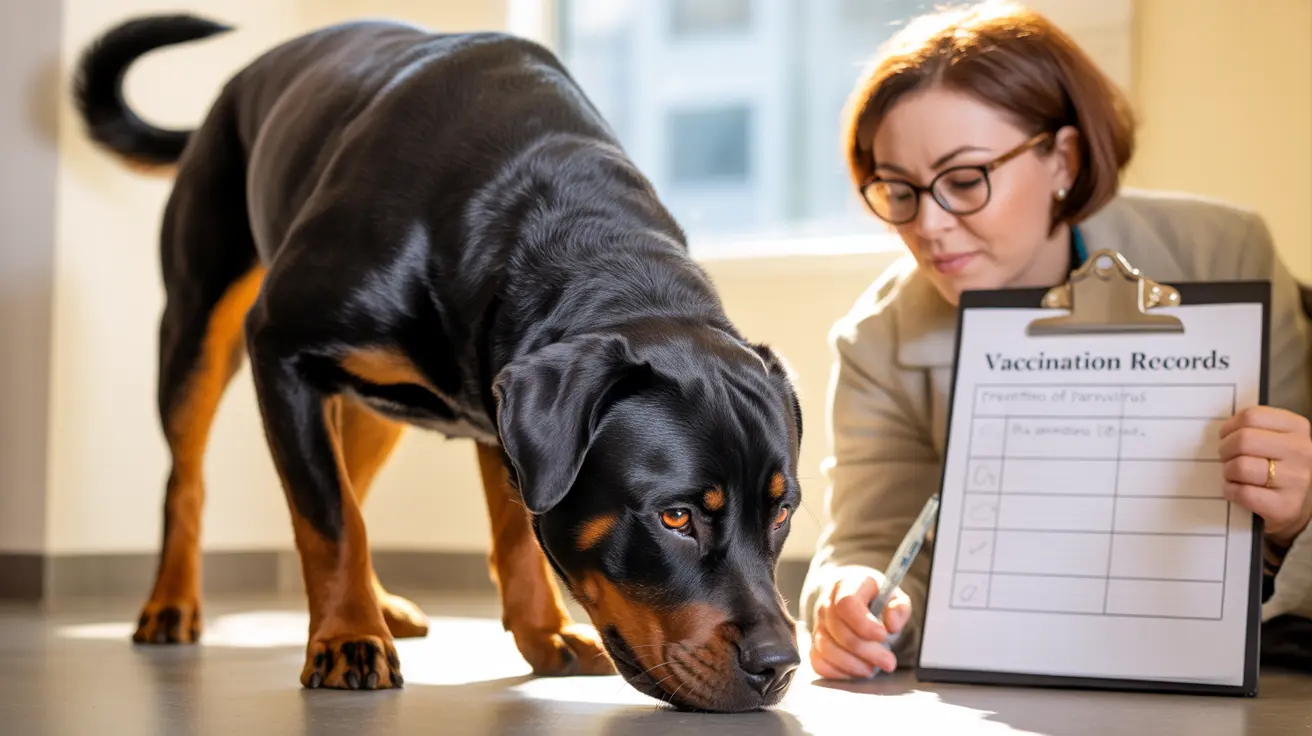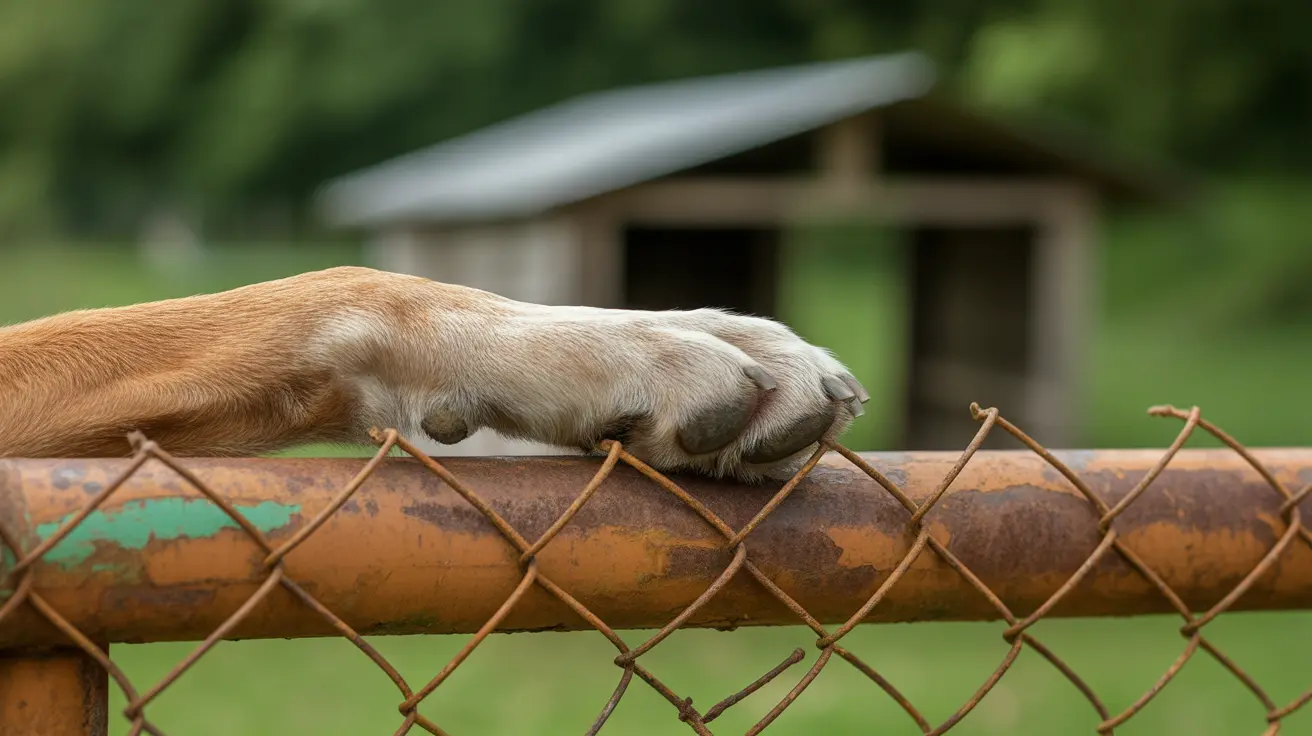For pet parents with both cats and dogs, understanding the transmission of diseases between species is crucial for keeping their furry family members healthy. One common concern is whether cats can give dogs parvovirus, a potentially deadly disease that affects both species differently. Let's explore this important topic and separate fact from fiction.
While both cats and dogs can contract species-specific versions of parvovirus, the transmission between species isn't as straightforward as many pet owners might think. Understanding the relationship between feline and canine parvovirus strains is key to protecting your pets.
Understanding Parvovirus in Cats and Dogs
Cats typically contract Feline Panleukopenia Virus (FPV), while dogs are affected by Canine Parvovirus (CPV). These viruses, though related, are distinctly different. The crucial fact is that cats cannot transmit their strain of parvovirus (FPV) to dogs. However, in rare cases, certain strains of canine parvovirus can affect cats.
Research has shown that some mutated strains of canine parvovirus, particularly CPV-2a, CPV-2b, and CPV-2c, can potentially infect cats. However, there's no substantial evidence of cats transmitting these canine strains back to dogs in natural settings.
How Parvovirus Spreads
Parvovirus is incredibly resilient and spreads through several routes:
- Direct contact with infected animals
- Exposure to contaminated feces
- Contact with contaminated surfaces or objects
- Through human handlers who've been exposed to the virus
The virus can survive in the environment for months, making proper sanitization crucial for prevention.
Prevention and Protection Measures
To protect both cats and dogs from parvovirus, implement these essential measures:
- Maintain current vaccinations for both species
- Practice thorough cleaning and disinfection
- Isolate sick animals immediately
- Use separate feeding bowls and bedding
- Wash hands between handling different pets
Recognizing the Signs of Parvovirus
Early detection is crucial for both cats and dogs. Common symptoms include:
- Severe vomiting and diarrhea
- Lethargy and weakness
- Loss of appetite
- Fever or low body temperature
- Dehydration
- In cats specifically: decreased white blood cell count
Frequently Asked Questions
Can cats transmit parvo to dogs or cause canine parvovirus infection?
No, cats cannot transmit their strain of parvovirus (FPV) to dogs. While certain canine parvovirus strains can infect cats, there's no evidence of cats transmitting these strains back to dogs in natural settings.
What are the main differences between feline panleukopenia virus and canine parvovirus?
While both viruses cause similar symptoms, they are species-specific. FPV primarily affects cats and can't infect dogs, while CPV mainly affects dogs but some strains can occasionally infect cats. The treatment protocols and specific clinical presentations differ between species.
How can I prevent my dog and cat from catching and spreading parvovirus?
Keep vaccinations current, maintain strict hygiene practices, isolate sick animals, use separate feeding dishes and bedding, and practice proper hand washing between handling different pets. Regular veterinary check-ups are also essential.
What symptoms should I watch for if I think my dog or cat has parvo?
Watch for severe vomiting, bloody diarrhea, lethargy, loss of appetite, fever, and dehydration. If you notice these symptoms, seek immediate veterinary care as early intervention is crucial for survival.
Can cats carry or shed canine parvovirus without showing symptoms?
While cats can potentially carry certain strains of canine parvovirus, there's limited evidence of asymptomatic cats acting as significant carriers or transmitting the virus to dogs. However, proper hygiene practices should always be maintained.
Conclusion
While cats and dogs can both contract parvovirus, cats cannot give dogs their strain of the virus. The best protection for both species is proper vaccination, good hygiene practices, and prompt veterinary care when symptoms appear. Understanding these facts helps pet parents make informed decisions about their pets' health and safety.






